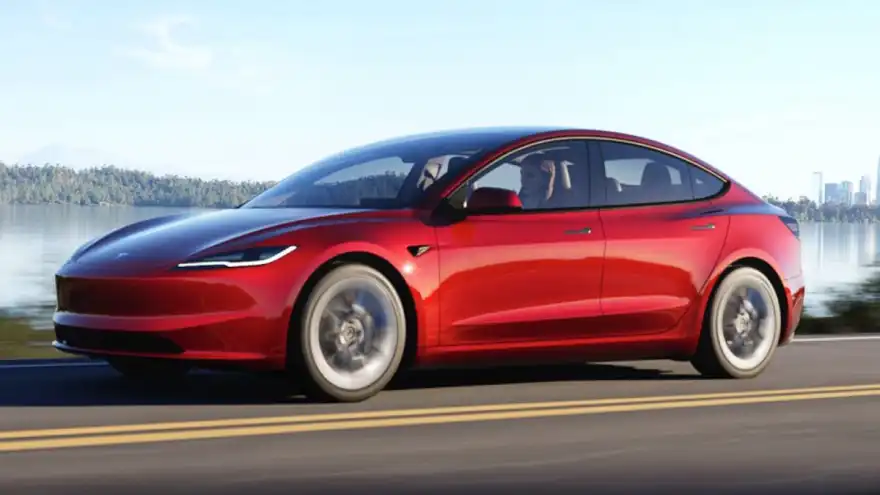
One of the perks of owning an electric car has been the exemption from road tax. While petrol and diesel vehicles incur an annual fee, electric vehicles (EVs) have been rated at £0. However, this is set to change, and the new charges will apply to both new and existing electric cars.
Electric Cars and Road Tax
From 1 April 2025, drivers of electric and other low-emission cars, vans, and motorcycles will be required to pay vehicle tax. This change eliminates band A of the VED system, which currently costs £0.
How Much Will I Have to Pay?
The amount of road tax you will pay depends on the age of your car:
Cars Registered Between 1st March 2001 and 31st March 2017: These vehicles will move into the lowest paid band of road tax, currently £20 a year. This rate is likely to increase by 2025.
Cars Registered Between 1st April 2017 and 31st March 2025: These vehicles will pay the standard rate for cars, currently £190 for 2024, with a probable increase in 2025.
New Cars Registered On or After 1 April 2025: These will pay the lowest first-year rate of vehicle tax (for vehicles with CO2 emissions of 1 to 50g/km). From the second tax payment onward, the standard rate of £190 will apply.
Expensive Car Supplement for Electric Cars
From 1 April 2025, electric cars with a list price exceeding £40,000 will be subject to the expensive car supplement from the second tax payment onwards. This supplement adds £355 annually (currently) to the road tax cost for the first five years, in addition to the standard £190 road tax. The £40,000 price includes options but excludes discounts, so it's based on the official list price.
Road Tax for Electric Vans and Motorcycles
Most electric vans will be taxed at the standard annual rate for light goods vehicles, which is currently £140. Electric motorcycles and tricycles will be taxed at the annual rate for the smallest engine size, currently £25 in 2024.
Changes for Hybrids
The current £10 per year discount for hybrids and other alternative fuel vehicles will be discontinued. The new rate will depend on the vehicle's registration date:
Registered Before 1st April 2017: The rate will depend on the vehicle’s CO2 emissions.
Registered After 1st April 2017: The standard rate, currently £190, will apply.




